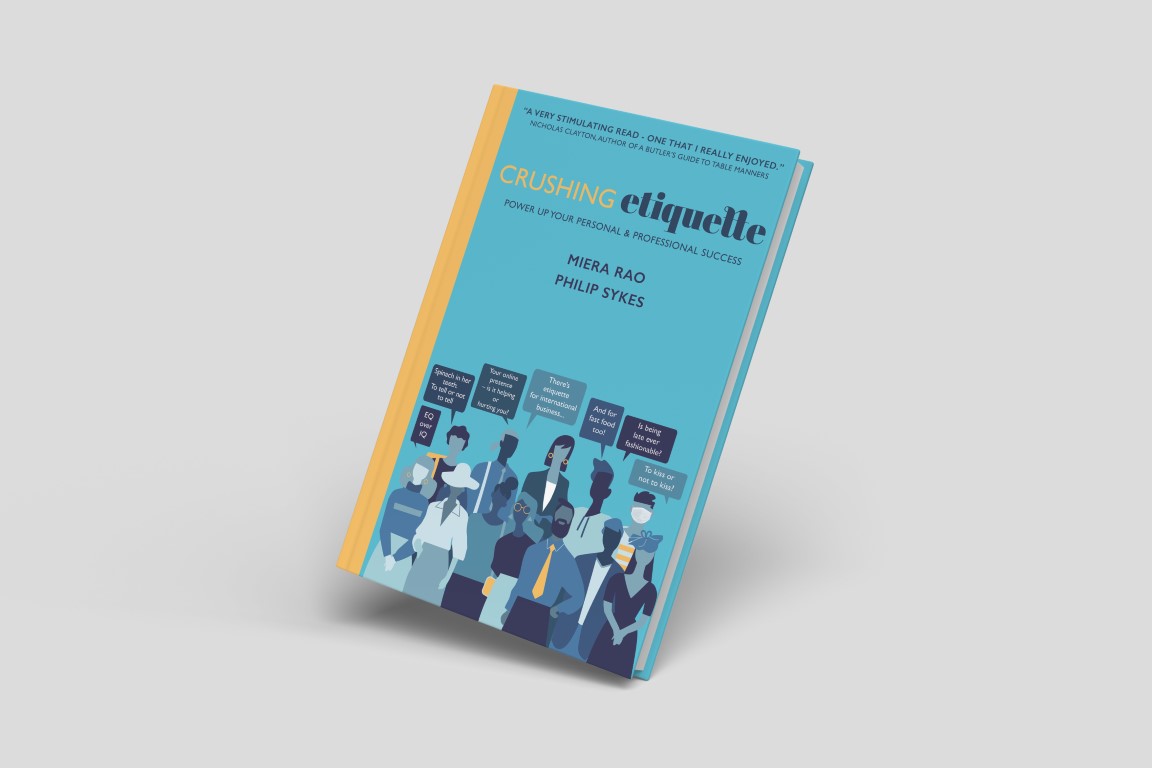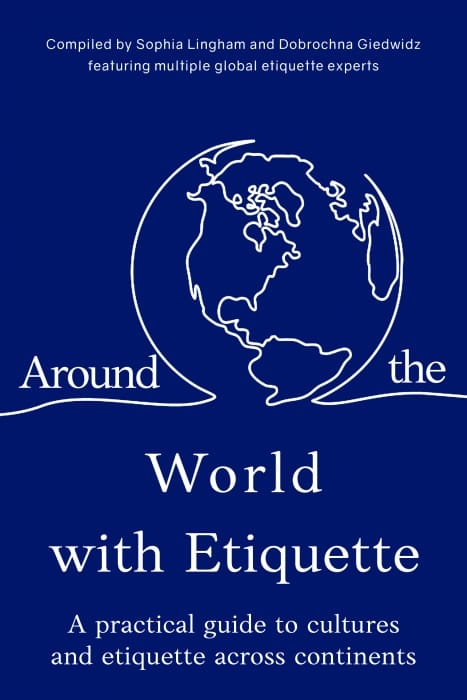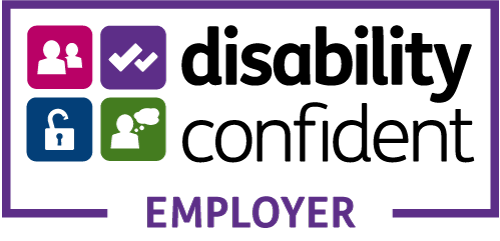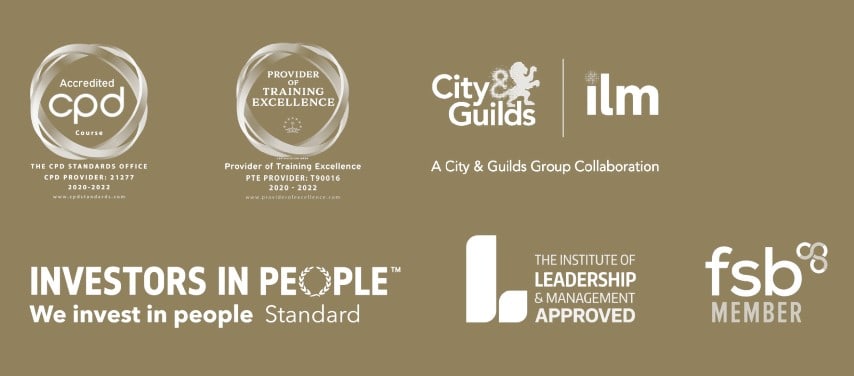They twist your words. Shift blame. Make you question what you know is true.
You leave every conversation feeling smaller. Doubting yourself. Wondering if you’re the problem.
That’s not accident. That’s strategy.
Toxic people operate through distortion. They mischaracterise your intentions, shift responsibility, and create environments where you’re constantly defending yourself. Research shows that more than half of individuals in romantic relationships have experienced gaslighting from their partners. In professional settings, the numbers are equally concerning.
The instinct is to fight back. Defend yourself. Prove them wrong.
But that’s exactly what gives them power.
The Defense You Didn’t Know You Had
Emotional intelligence operates as a protective mechanism in toxic environments. Not through confrontation, but through strategic disengagement.
I’ve spent years training professionals in emotional intelligence and etiquette, and the pattern is consistent. People with high EI don’t get pulled into toxic dynamics because they recognise the game being played. They understand that engaging defensively is a losing strategy.
The data supports this. Emotional intelligence accounts for 58% of job performance across industries. But beyond productivity, it serves as a psychological shield against manipulation.
Three components of emotional intelligence become particularly crucial when dealing with toxic individuals: emotional regulation, emotional depth, and emotional endurance.
Emotional Regulation: Your First Line of Defense
When someone distorts your words or shifts blame, your nervous system activates. Heart rate increases. Defensiveness rises. You want to correct the record immediately.
That reaction is normal, but it’s also exactly what toxic people count on.
Emotional regulation means creating space between trigger and response. You feel the anger, the frustration, the urge to defend yourself. But you don’t act on it immediately.
This matters because toxic individuals thrive on reaction. They want you defensive, emotional, off-balance, so when you refuse to engage from that state, you remove their primary weapon.
Regulation doesn’t mean suppression, you are not ‘taking it’ pretending everything is fine. You’re choosing when and how to respond rather than reacting automatically.
In practice, this looks like pausing before responding to a provocative email or taking a breath before answering a loaded question, its recognising manipulation without immediately calling it out.
Emotional Depth: Playing the Long Game
Toxic people operate in the immediate. They want the win right now, in this conversation, at this moment. Emotional depth gives you a different timeline.
You can see beyond the current interaction. You understand your long-term goals, your values, what actually matters and this perspective keeps you anchored when someone tries to pull you into their chaos.
When a difficult boss mischaracterises your work, emotional depth lets you stay focused on your career trajectory rather than winning the argument. When a manipulative friend tries to make you responsible for their feelings, you can maintain clarity about where your responsibility actually ends.
This capacity to think long-term protects you from getting dragged into battles that don’t serve you. You’re not trying to change toxic people or prove your point, you’re protecting your energy and staying focused on what matters.
Emotional Endurance: Outlasting the Storm
Some toxic situations can’t be immediately resolved. You can’t always leave the job, end the relationship, or remove the person from your life. Emotional endurance becomes critical in these scenarios.
It’s the ability to maintain your psychological stability over time, even when dealing with consistent negativity or manipulation. You don’t let their behavior erode your sense of self or reality.
This requires recognising that their distortions aren’t about you. Their need to blame, manipulate, or control reflects their own issues, not your inadequacy. That clarity protects your mental well-being even when you can’t change the situation.
Endurance also means knowing when to engage and when to preserve your energy. So you stop trying to make toxic people understand or change and you accept the reality of who they are and adjust your expectations accordingly.
Where Etiquette Enters the Picture
Modern etiquette training addresses something crucial that emotional intelligence alone doesn’t fully cover: systematic boundary-setting in professional contexts.
Etiquette provides the framework for what’s acceptable in professional relationships. It establishes clear lines around communication, behaviour, and interaction. When those boundaries are understood and practiced, toxic behaviour becomes easier to identify and address.
As research on professional boundaries shows, boundaries are invisible lines. While etiquette may dictate what’s permissible in professional relationships, you can’t expect people to automatically understand which lines not to cross.
This is where emotional intelligence and etiquette intersect. EI gives you the internal capacity to recognise and respond to toxic behaviour. Etiquette gives you the external framework to establish and maintain boundaries.
Together, they create a comprehensive defense system.
When you combine emotional regulation with clear professional boundaries, you can address inappropriate behaviour without becoming emotional. When you pair emotional depth with etiquette standards, you maintain perspective on what’s actually acceptable in professional contexts. When you apply emotional endurance within a framework of established norms, you can sustain healthy boundaries over time.
The Practical Reality
Emotional intelligence as a defensive strategy requires conscious practice. You’re training yourself to respond differently than your automatic patterns suggest.
You’re learning to recognise manipulation without getting hooked by it, to maintain your sense of reality when someone tries to distort it, to protect your psychological space even when you can’t physically remove yourself from toxic environments.
The goal isn’t to become emotionless or detached, you’re developing the capacity to engage strategically rather than reactively.
You’re building the internal stability that toxic people can’t shake. You’re creating psychological distance that protects your well-being while maintaining professional or social obligations.
And you’re recognising that your best defense against toxic behaviour isn’t confrontation. It’s the quiet strength of knowing who you are and refusing to let anyone else define that for you.




